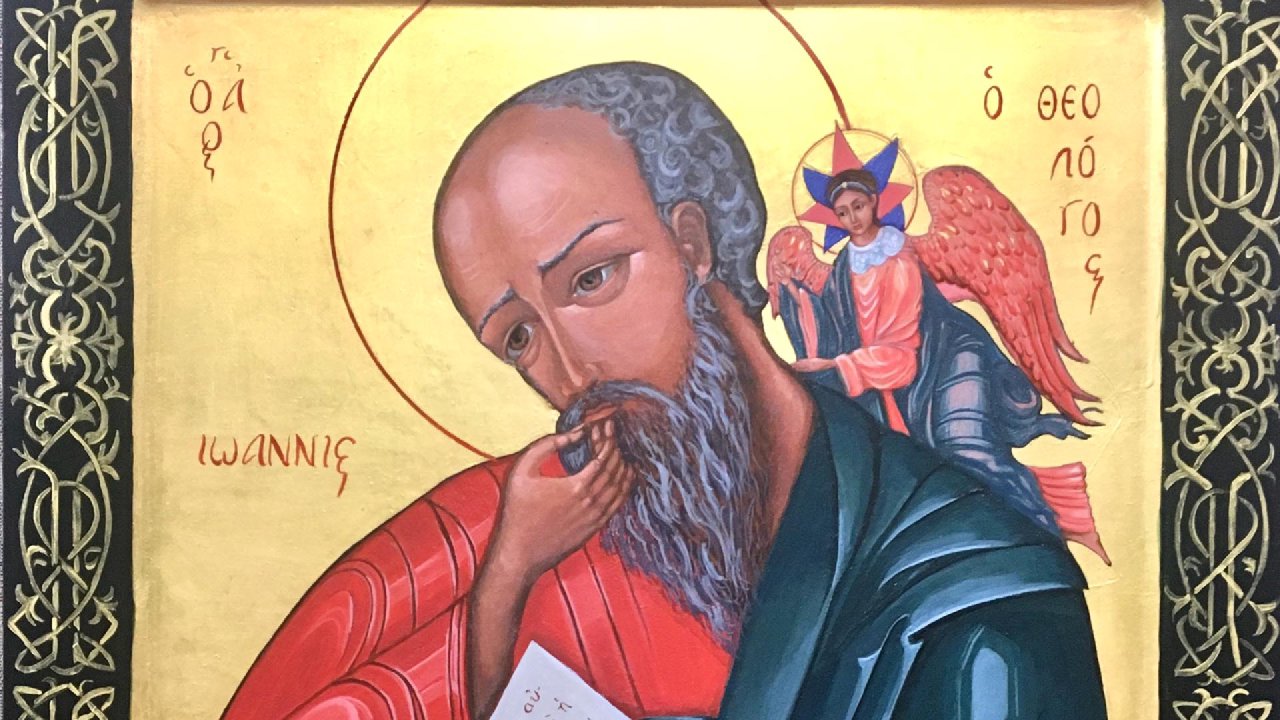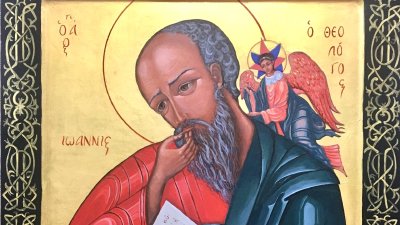There are various interpretations of the book of Revelation. Some theologians see it as already having taken place in the hearts of believers; others think it is recording actual events that will take place in the future. That will be the tact I will take. However the Holy Spirit speaks to you through these passages, the important thing to remember is that Jesus, and all who follow him, are victorious.

Introduction
January 11, 2018 • Meg Rice
Lesson 1
January 18, 2018 • Meg Rice
All of scripture is God breathed through the power of the Holy Spirit but recorded by prophets and witnesses to the life of Jesus. The book of Revelation is authored by God and seems to have a direct link to Jesus and John the Apostle. It is written for God’s people so that they may know what must soon take place. Revelation 1:19 gives us a clue as to how the book of Revelation is divided. John the Apostle wrote down what he saw in chapter 1. He writes what is happening “now” in chapters 2 and 3 concerning the Seven churches of the Revelation. Finally, he records “what will take place later” in the future at the end of the age in chapters 4-22.
Lesson 2
January 25, 2018 • Meg Rice
John was told to “write on a scroll what you see and send it to the seven churches”. Chapters 1 and 2 of Revelation are referring to “what is now” (Revelation 1:19). The first of the seven churches addressed is Ephesus which at this time was the capital of the Roman province called Asia. After John was released from captivity on Patmos, he spent the end of his life in Ephesus. The second church to be addressed is Smyrna which is today’s Izmir. These churches were actual churches in John’s day but have come to represent churches throughout the ages and how the body of Christ in each church needs to heed the warnings. Each of the admonitions begins with a characteristic of Jesus. Then the churches are praised for their positive deeds and chastised for any areas that need to be changed. At the end are the rewards for those who “overcome”. Our individual churches today, as well as our own faith walk, can benefit from the advice given to these early churches.





